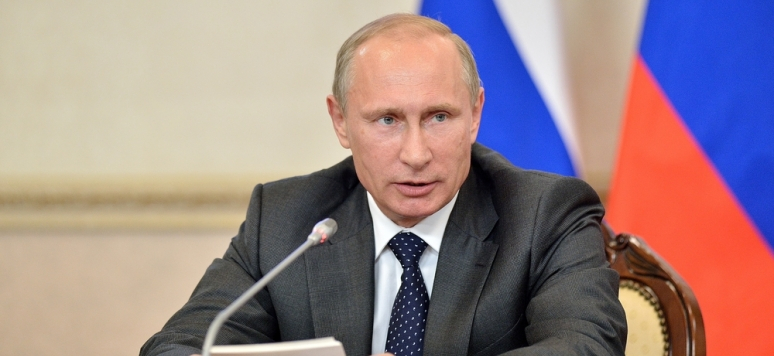Russie.Eurasie.Visions - “Conservatism” in Russia: Political Tool or Historical Choice? Russie.Nei.Visions, No. 90, December 2015

President Vladimir Putin’s third term of office proceeds under the “conservative shift.” Does this mean that the Russian government has finally opted for conservatism as its official—though not state—ideology, with long-term consequences for both its domestic policy and foreign policies?
Or is the reversion to conservatism merely the latest in a line of political devices used by the Kremlin to solve its own problems—which include the struggle against liberal opposition and the need to increase the regime’s legitimacy?
Both points of view are represented in the writings of Russian and foreign experts. This article attempts to take into account the arguments of both sides while at the same time suggesting that the “shift back to conservatism” is something more than the latest in a line of political devices by the Kremlin. And whether or not the Russian government solves a few of its immediate problems with its help, the turn to conservatism itself provides new potential opportunities for the alignment of a long-term strategy.
As far as domestic policy is concerned, conservatism as a meta-narrative may appear to be a continuation of the earlier “sovereign democracy” discourse while at the same time offering an ideology to cement Russian federalism. In foreign policy, a conservative Russia may appear a more desirable partner not only for the European right but also for the countries of the Asia-Pacific region. This is significant given the recent “pivot to Asia” clearly signaled in Russian foreign policy.
Leonid Polyakov is a professor in the Political Sciences department at the Social Sciences faculty of the National Research University Higher School of Economics, in Moscow.
